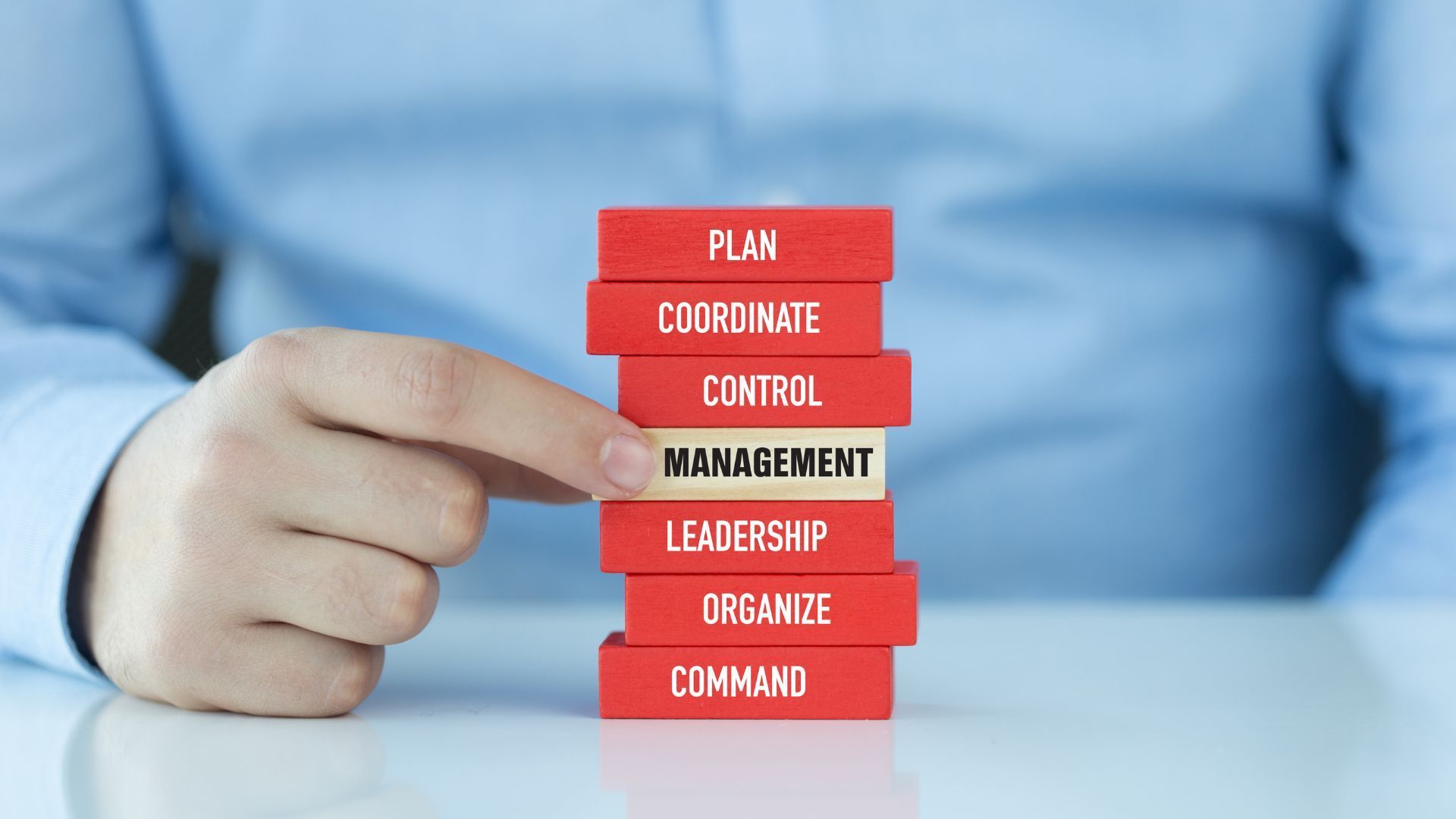Managing Change Fatigue: How Leaders Can Support Their Teams
Remi Marcelin • March 17, 2025

As businesses face continuous transformation—whether through technological advancements, restructuring, or economic shifts—change fatigue has become a significant workplace challenge. Change fatigue occurs when employees experience mental and emotional exhaustion due to constant organisational shifts, leading to disengagement, decreased productivity, and increased burnout.
A recent survey found that 44% of HR leaders identified change fatigue as their top organisational barrier for 2025. Employees who feel overwhelmed by frequent changes may become resistant to new initiatives, making it harder for businesses to adapt and grow. Additionally, change fatigue doesn’t just impact individuals—it can affect overall business performance, from lower morale to increased turnover rates.
While some changes are unavoidable, the way businesses implement, communicate, and support these transitions can determine whether employees embrace them or resist them. Leaders play a crucial role in navigating change successfully, ensuring that their teams remain engaged and motivated despite ongoing transformations.
“Leaders must ensure they have the right support system in place to keep their own energy levels high"
In a recent discussion, Remi Marcelin, Group Marketing Manager at people2people, spoke with Tarran Deana, Transformation Specialist, about how businesses can recognise, prevent, and manage change fatigue effectively.
Tarran Deana began by describing change fatigue as a depleting cycle where employees feel mentally exhausted from ongoing change, likening it to a long journey without enough fuel. “Often, employees turn up to work with just enough energy to get through the day, but when faced with multiple layers of change, they run out of fuel and disengage before they even reach their destination.”
The conversation highlighted that change fatigue is not just about individual stress but also a broader organisational issue. If employees feel uncertain about their future due to repeated change initiatives, they may withdraw, resist, or even leave the company. Tarran shared an example from Qantas Airlines, where outsourcing decisions led to heightened fear, union action, and reputational damage. “When businesses fail to manage change carefully, it doesn’t just impact employees—it affects brand trust, customer confidence, and overall business performance.”
The role of leadership in preventing change fatigue was a key focus of the discussion. Leaders must recognise that they, too, have limited energy and need to prioritise self-care and accountability. Tarran explained, “Leaders must ensure they have the right support system in place to keep their own energy levels high. If they’re drained, they can’t effectively guide their teams through change.”
Another crucial point raised was the importance of communication. When employees don’t understand why change is happening, resistance grows. Tarran recommended a structured approach: “Start with the end in mind—clearly define what successful change looks like, communicate the purpose, and involve employees in the process to reduce uncertainty.”
Beyond communication, the discussion also touched on
change saturation, where employees face multiple overlapping initiatives, leading to
burnout and frustration.
Identifying and prioritising changes can prevent teams from feeling overwhelmed. As Tarran pointed out, “Just because a business can implement change doesn’t mean it should do everything at once. Leaders must pace change initiatives to maintain productivity and engagement.”
Practical Strategies to Manage Change Fatigue
To help businesses navigate change effectively while minimising fatigue, leaders should consider these key strategies:
Recognise and acknowledge change fatigue – Employees need to feel heard. Leaders should openly acknowledge challenges and create space for employees to voice their concerns.
Ensure a structured change management process – Define clear goals, timelines, and support systems to help employees understand the ‘why’ behind change.
Communicate early and often – Frequent, transparent communication reduces uncertainty and builds trust. Employees are more likely to embrace change when they feel informed and included.
Avoid overloading employees with multiple changes at once – Assess the organisation’s capacity for change before implementing new initiatives.
Support leaders and managers – Equip them with training, frameworks, and support networks to manage their own energy and guide their teams effectively.
Celebrate progress and milestones – Recognising small wins during transitions helps boost morale and reinforces a positive mindset towards change.
By implementing these strategies, businesses can turn change fatigue into change resilience, fostering an adaptable and engaged workforce. The key to success lies in prioritising people over processes, ensuring that employees feel supported, valued, and equipped to navigate ongoing workplace transformations.
Find the job you love I Find the right talent
Get in touch with people2people
Australia
I
United Kingdom
In business since 2002 in Australia, NZ, and the United Kingdom, people2people is an award-winning recruitment agency with people at our heart. With over 12 offices, we specialise in accounting and finance, business support, education, executive, government, HR, legal, marketing and digital, property, sales, supply chain, and technology sectors. As the proud recipients of the 2024 Outstanding Large Agency and Excellence in Candidate Care Awards, we are dedicated to helping businesses achieve success through a people-first approach.






